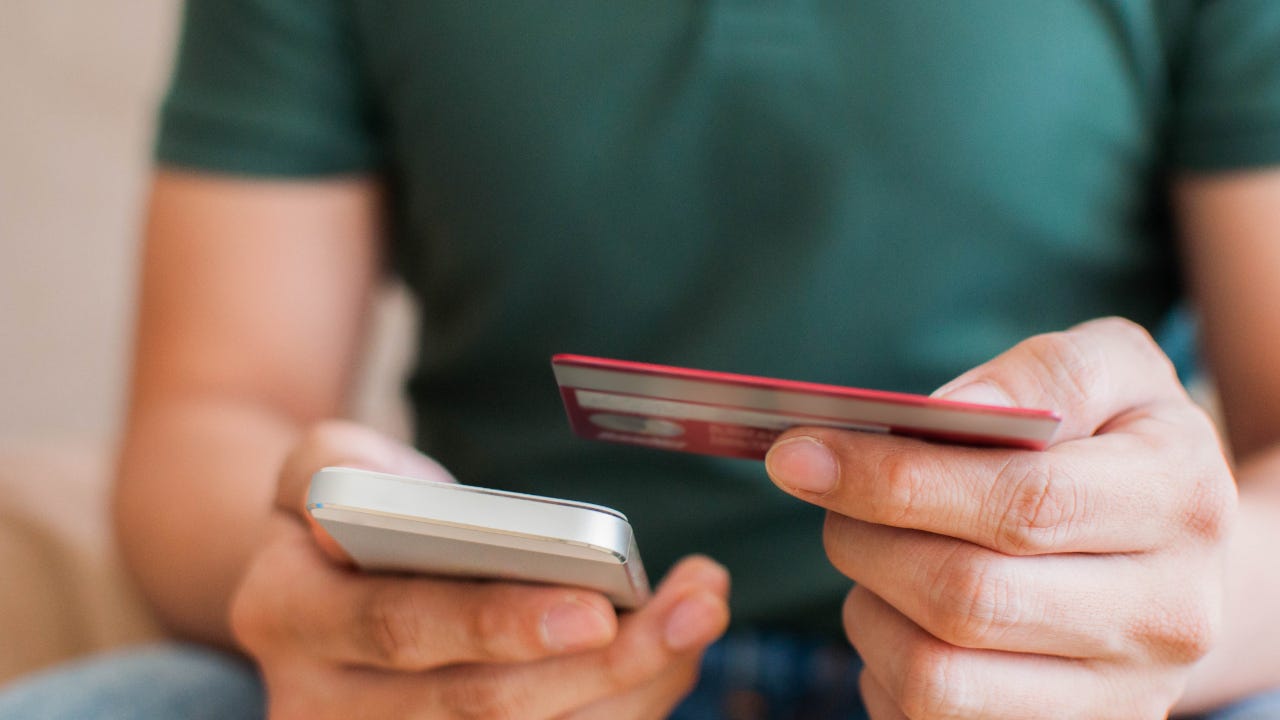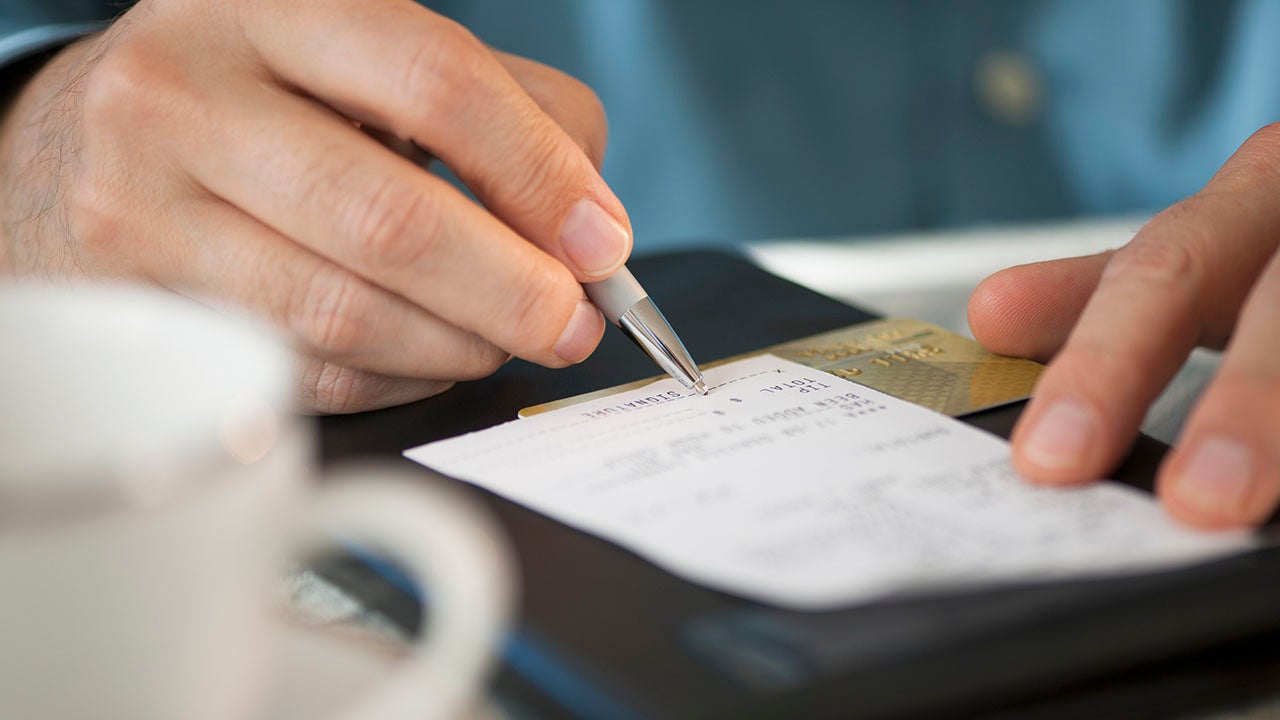Can you post a bond with a credit card?

Key takeaways
- You can post a bond with a credit card if your jail or bail bondsman allows it.
- Paying bail with a credit card can be done online, over the phone or onsite at the jail.
- If you do use your credit card to post bond, however, you could potentially damage your credit score in the process.
- Doing so can cause your credit utilization ratio to rise and could make it harder for you to keep up with timely payments.
If you or a loved one has been arrested and taken to jail, you’ll likely have the opportunity to post a bail bond, also referred to as posting bail or posting a bond. By posting a bond, you exchange a set sum of money for your or your loved one’s release from jail. This comes with the expectation that you’ll return for your assigned court dates and ultimately get that sum of money back.
Posting a bond can be very expensive, and it often means holding people already in a difficult situation to the task of coming up with a large sum of money.
If you’re in a situation where you have to post a bond and don’t know how you’ll be able to pay, you may consider doing so with a credit card. Many jails across the country have instituted ways to pay by credit card as it can take a while to come up with cash to pay bail. Here’s how you can go about the process of paying bail with a credit card, as well as what to consider before doing so:
How to pay bail with a credit card
These steps can help you post the bond with your credit card, whether it’s for yourself or a loved one.
-
Make sure your jail allows it
While using a credit card to pay a bond is possible, your ability to do so will depend on the jail and the county. Many jails across the country have adopted credit card payments, and there should be visible signs at the jail that credit cards are accepted.
-
Choose the right credit card
If you have more than one credit card, you’ll want to choose the one that has a high enough limit to cover your bail. You should also think about your interest rates. If you’ll have to pay off the bail over a few billing cycles, you’ll want to use a credit card that has a low interest rate — or even better, no interest rate.
If you have a credit card with a 0 percent APR offer that’s still active, you could pay off the balance over time while avoiding interest. Just make sure that the bail would actually qualify for the 0 percent APR offer before you use it.
-
Choose a credit card payment method that works for you
You can post bail onsite with a credit card in over 500 jails nationwide. Some jails have kiosks set up for this purpose, while others will process your payment behind the counter.
You can also pay online using GovPayNet, which does business under GovPayNow.com. This payment website is used by local government agencies throughout the U.S., including some in U.S. territories.
Paying bail through a reliable payment service will allow you flexible and secure payment processing. You’ll also be able to use multiple cards to make a single payment if necessary.
However, if you choose to pay online, you should expect to see some fees attached. Those might include:
- Court processing fees
- Credit card processing fees
- Commissions
You can also post bail over the phone by calling the jail and following their steps. The jail you’re working with might also have their own preferred payment method, so checking with them first could be ideal anyway. Depending on the methods available, you might be able to avoid certain fees.
-
Work with a bail bondsman or agency if necessary
If you’re trying to post bail for yourself and your belongings, including your credit card, have been confiscated as evidence, you likely won’t be able to use your card to pay.
Instead, you would have to go through a middleman to take care of it for you. If you have a family member that has access to your accounts or is willing to use their credit card to post your bail, then they can pay the bail for you.
If not, you’ll have to go through a bail bondsman or agency. Many bail bondsmen accept credit card payments, so if you can’t access your card right now, you may be able to pay them with your card once you are released. Of course, that hinges upon your belongings being returned to you.
Keep in mind: Some scammers pose as bail bondsmen to steal money or account information, so make sure you’re working with a legitimate business and you go over any paperwork carefully. Bail bondsmen are required to be licensed by the state and should have a legitimate office near the jail. Always ask to see their license before doing business.
What happens when you post a bond with a credit card?
After you post a bond with a credit card, you’ll experience the same bail process that you would with any other payment method. You should be released from jail with the expectation that you’ll return for your court date.
One thing to keep in mind when paying with a credit card is that you’ll still have to pay it off once the billing cycle ends to avoid interest. If you choose to carry a balance instead of paying it off immediately, you could find yourself in more debt very quickly. Eventually, you may have to deal with a debt collector if you have too many missed payments. But even if that happens, however, you won’t have to serve more jail time as a consequence of missed card payments.
If you use a credit card to post bail, you might also earn credit card rewards. For example, if you use a rewards credit card, then you might earn cash back, points or miles when you post bail. However, earning those rewards likely won’t matter much because the fees associated with using a card could cancel them out.
What happens to your credit score after posting a bond with a credit card?
Using a credit card to pay your bail has its advantages, but there are also some drawbacks — the main one being the amount of credit you will have to use to post your bond. It’s very possible that you will have to max out your credit card in order to pay your or your loved one’s bail. And you may even have to tap into a second credit limit to meet the amount you need.
When you use that much of your available credit, it can have a negative effect on your credit score due to your high credit utilization ratio, or the amount of credit you’re using when compared to your total available credit.
Credit utilization makes up 30 percent of your FICO credit score calculation, so it’s important to keep it under control. If at all possible, you want to avoid using more credit than you can pay off in a few billing cycles.
Generally speaking, we recommend using only up to 30 percent of your available credit at any given time, though those with a high credit score typically use much less — under 10 percent. When your credit utilization is too high, it can cause your credit score to go down.
Bankrate’s credit utilization calculator and credit card payoff calculator can help you see what your credit utilization ratio would be if you used your card to post bail, as well as how long it would take to pay off.
Alternative bail payment methods
Credit cards can offer a quick and easy way to post bail and get your freedom back, but there are other ways you can pay your bail, too. In addition to credit cards, you can pay with cash or a cashier’s check or with a debit card. You can also post different types of bonds, depending on what your state allows. Those might include:
- Property bonds: This bond allows you to use your car, house or a piece of property as collateral to set bail. The risk here, however, is that if you or your loved one doesn’t appear in court, you could lose that property.
- Surety bonds: This is the most common type of bond, and it’s almost always done using a bail bondsman. With a surety bond, the bail bondsman will post your bail in full in return for a fee, typically called a bail premium. This premium is usually about 10 percent of the bail’s total amount, but some bondsmen also take collateral.
The bottom line
You can absolutely post your bond using a credit card if your jail allows for it. This can be done over the phone, online through a payment service or onsite at the jail. You can also typically use your credit card to pay a bail bondsman’s premium if you’ve decided to work with one.
Using your credit card to pay bail can negatively impact your credit score if you don’t pay it off right away, however. Your credit utilization ratio can skyrocket, and you could find yourself falling into debt quickly if you’re having trouble making payments.
If you need help posting bail and don’t think paying with a credit card or using a bail bondsman is an option, consider reaching out to a local community bail fund or national nonprofit organization. The National Bail Fund Network lists a state-by-state directory of community-led bail fund programs, while The Bail Project is a registered nonprofit that has locations throughout the U.S.
Why we ask for feedback Your feedback helps us improve our content and services. It takes less than a minute to complete.
Your responses are anonymous and will only be used for improving our website.







